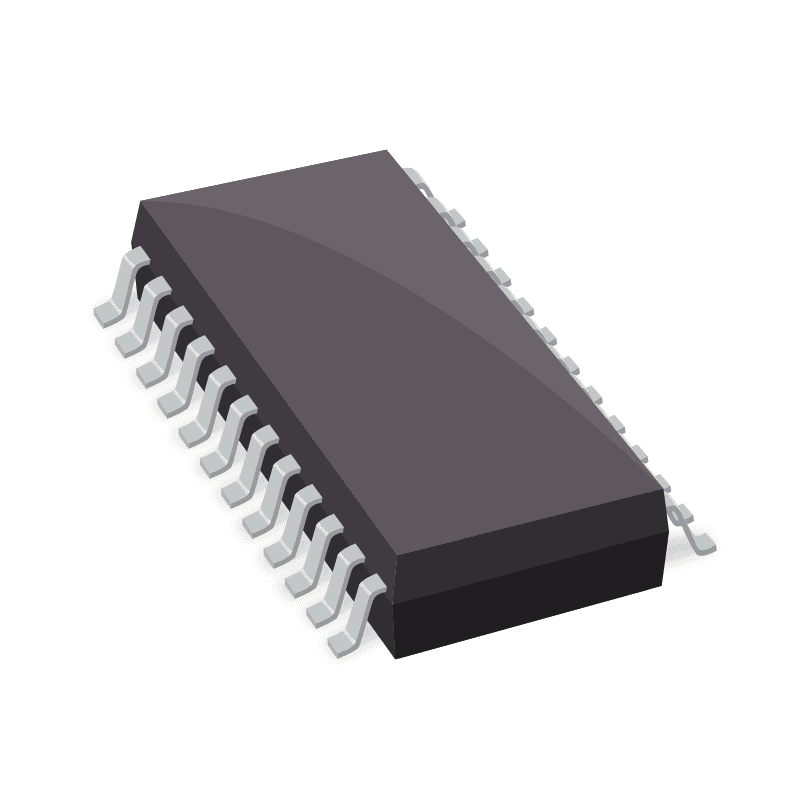TCA9555PWR
- Description
- 16-bit 1.65- to 5.5-V I2C/SMBus I/O expander with interrupt, weak pull-up & config registers 24-TSSOP -40 to 85
- Max Operating Temperature
- 85°C
- Datasheet

Quantity
Let us do the sourcing. Even if it's not available now, our team can track it down and tailor a solution just for you.
- High Frequency Performance up to 400kHz
- Compact TSSOP Package for Space-Saving Designs
- Wide Operating Temperature Range from -40°C to 85°C
- Lead-Free & RoHS Compliant
- Gold Contact Plating for Enhanced Connectivity
The Texas Instruments IC Opamp Diff 1 Circuit 8MSOP is a versatile operational amplifier designed for differential signal processing in a variety of applications. With a compact TSSOP package, this opamp delivers high performance with a maximum frequency of 400kHz, making it suitable for high-speed signal amplification. Its robust design ensures reliable operation across a wide temperature range from -40°C to 85°C, making it ideal for both commercial and industrial use.
The IC Opamp Diff 1 Circuit 8MSOP, specifically the TCA9555PWR, is used as a 16-bit I2C/SMBus I/O expander that interfaces efficiently with microcontrollers and other digital devices. It operates within a voltage range of 1.65 to 5.5 volts and supports a 400kHz frequency, making it suitable for various applications that require remote I/O expansion and configuration features. This component is designed for high performance and is compliant with industry standards for lead-free and halogen-free components, ensuring usability in a wide range of electronic designs.
Fusion’s in-house quality hubs and Prosemi testing facility are fully certified to meet critical industry standards for electronic component inspection and testing.
Quantity
Let us do the sourcing. Even if it's not available now, our team can track it down and tailor a solution just for you.